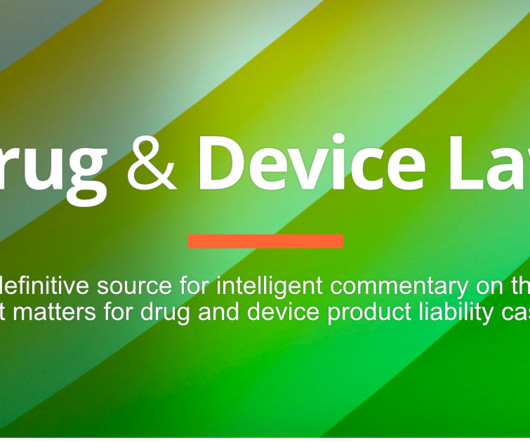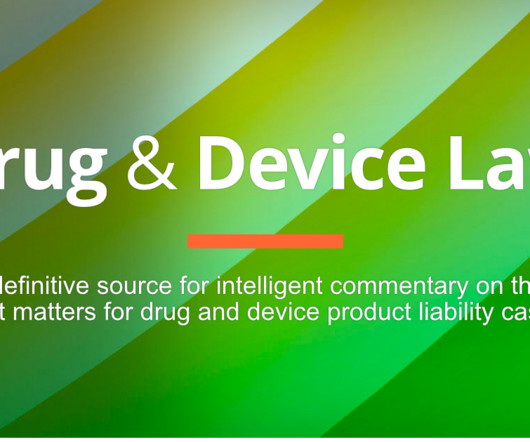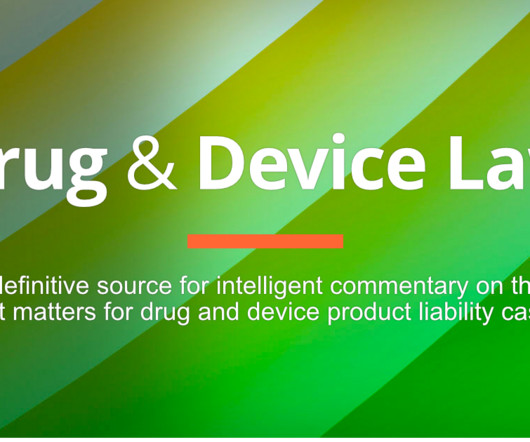Clinical Data Standardization in Clinical Trials: FDA Compliance in Clinical Data Management
ProRelix Research
DECEMBER 28, 2023
Considering the crucial role that the information generated from clinical trials play in the approval of new drugs, biological, and medical devices, it is only logical that the data garnered […] The post Clinical Data Standardization in Clinical Trials: FDA Compliance in Clinical Data Management appeared first on ProRelix Research.












Let's personalize your content